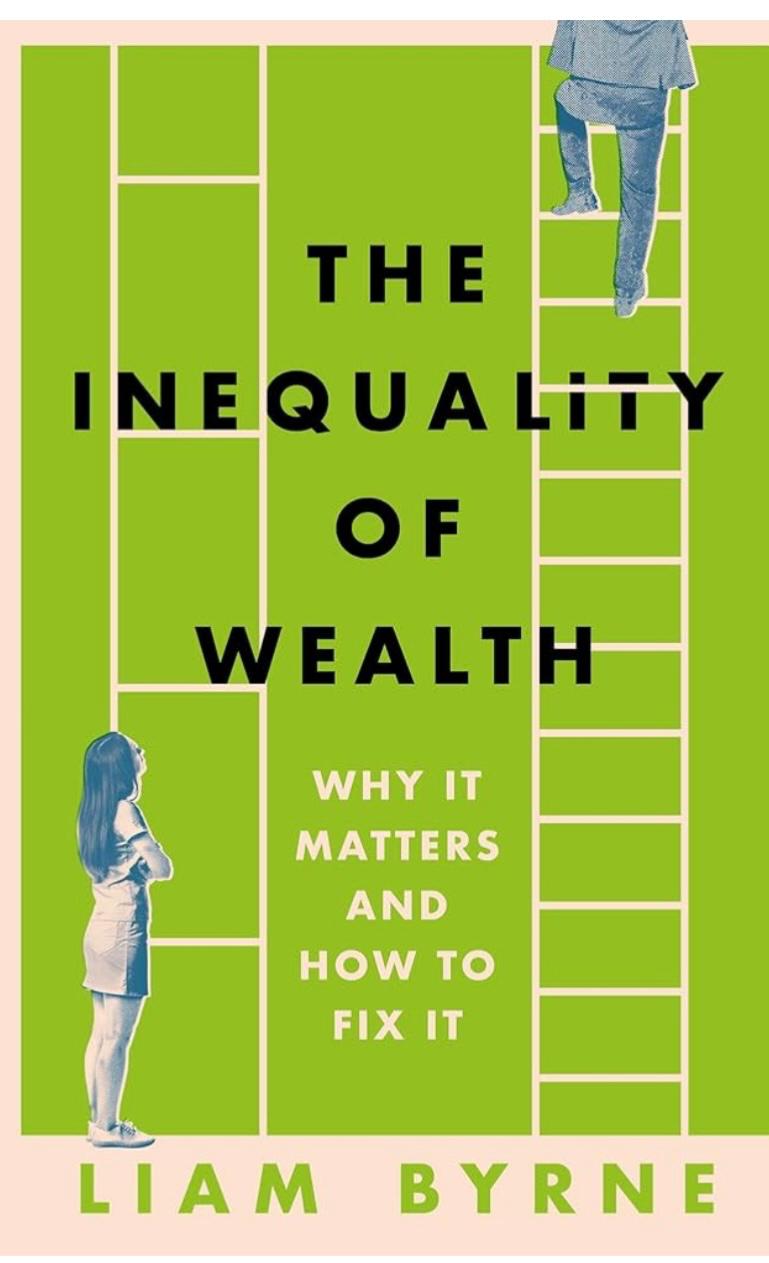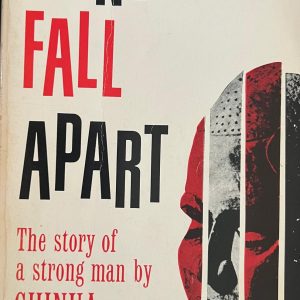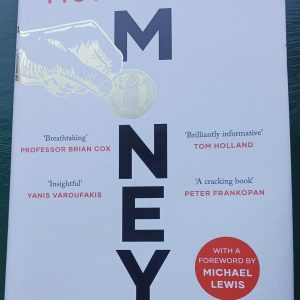In “The Inequality of Wealth,” Liam Byrne, a former UK Treasury Minister and current Labour MP, delivers a compelling analysis of how wealth has become increasingly concentrated in the hands of the super-rich, leaving millions unable to afford basic necessities like housing, education, or a secure pension. He contends that this widening gap, particularly since the 2008 financial crash, is not only morally indefensible but also deeply corrosive to social cohesion, economic stability, and democratic principles.
Byrne traces the historical trajectory of British capitalism, highlighting how the “privilege cycle” and “market supremacism” have contributed to this disequilibrium. He engages with leading experts and policymakers from around the world (including those from the OECD, World Bank, and IMF) to demonstrate that the current trajectory is unsustainable and will lead to a “dystopian future” if left unchecked.
Crucially, the book moves beyond simply describing the problem. Byrne’s central aim is to offer concrete and achievable solutions. While he acknowledges the complexities of issues like a wealth tax, he advocates for a “civic capitalism” and a “creative state” that can generate well-paid jobs in emerging industries. Key proposals include:
- Raising earnings and economic growth: Emphasizing the need for an economy that generates good work for everyone.
- Universal Basic Capital: A lump-sum wealth transfer, potentially between generations, as a modernised form of social security, building on the concept of Universal Basic Income.
- UK sovereign wealth fund: A national fund from which dividends could be paid to young people, helping them secure assets like a home deposit.
- Rethinking social security and savings: Promoting new universal savings accounts to help people build wealth.
Ultimately, Byrne calls for a revival of the “wealth-owning democracy,” an ideal that he argues was once popular across the political spectrum. He believes that by addressing wealth inequality, societies can not only become fairer but also foster greater freedom, security, and overall well-being for their citizens. The book is seen as a significant contribution to the debate on tackling inequality, offering both a clear diagnosis of the problem and a blueprint for a more just future.



![The Road to the Country - Chigozie Obioma [Signed Copy]](https://bakorbooks.com/wp-content/uploads/2025/03/IMG-11022-300x300.jpg)


Reviews
There are no reviews yet.